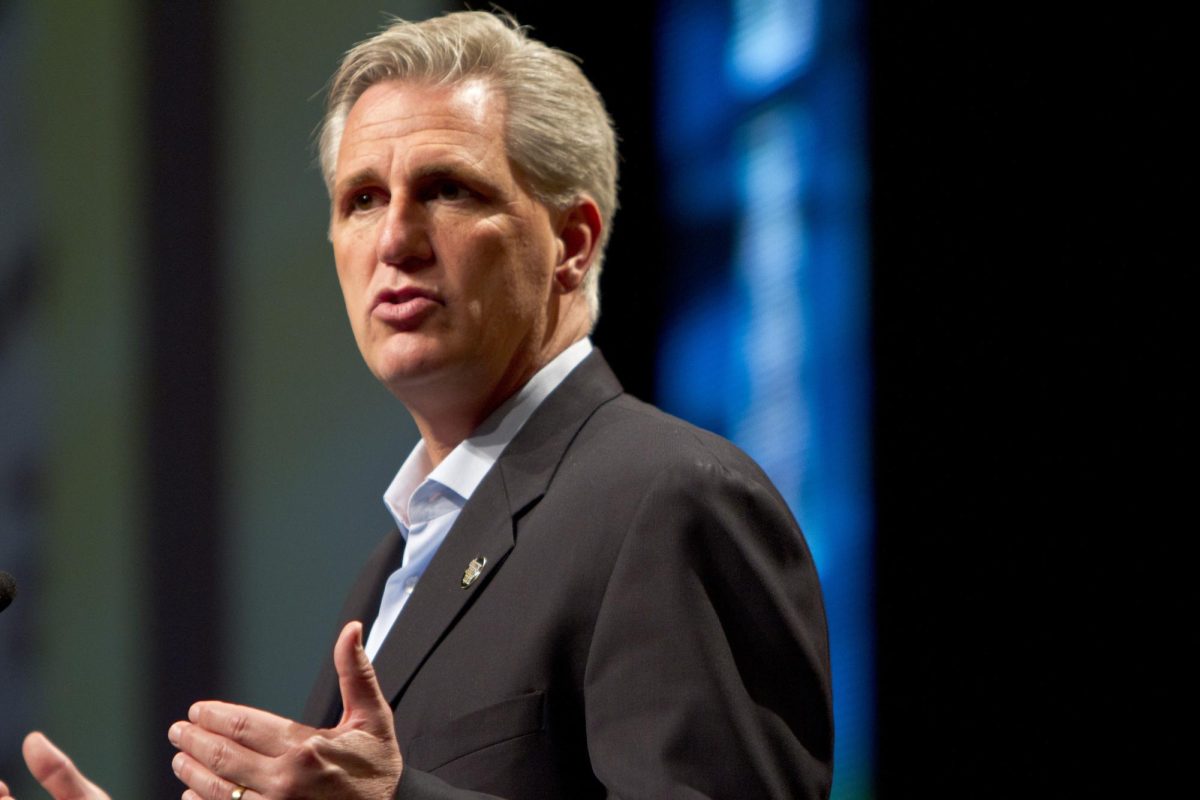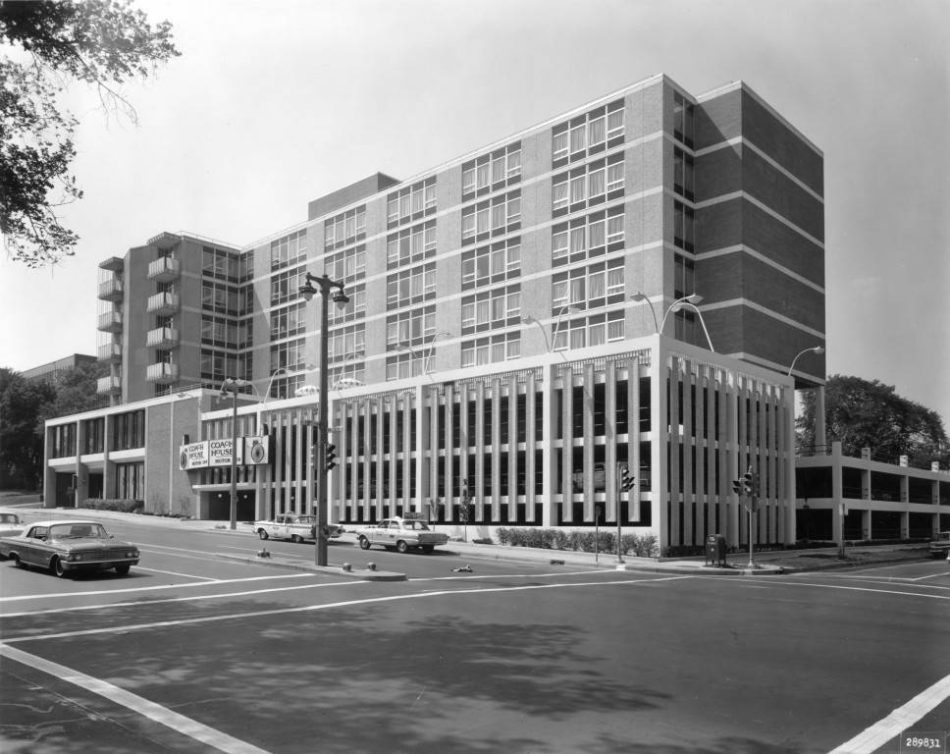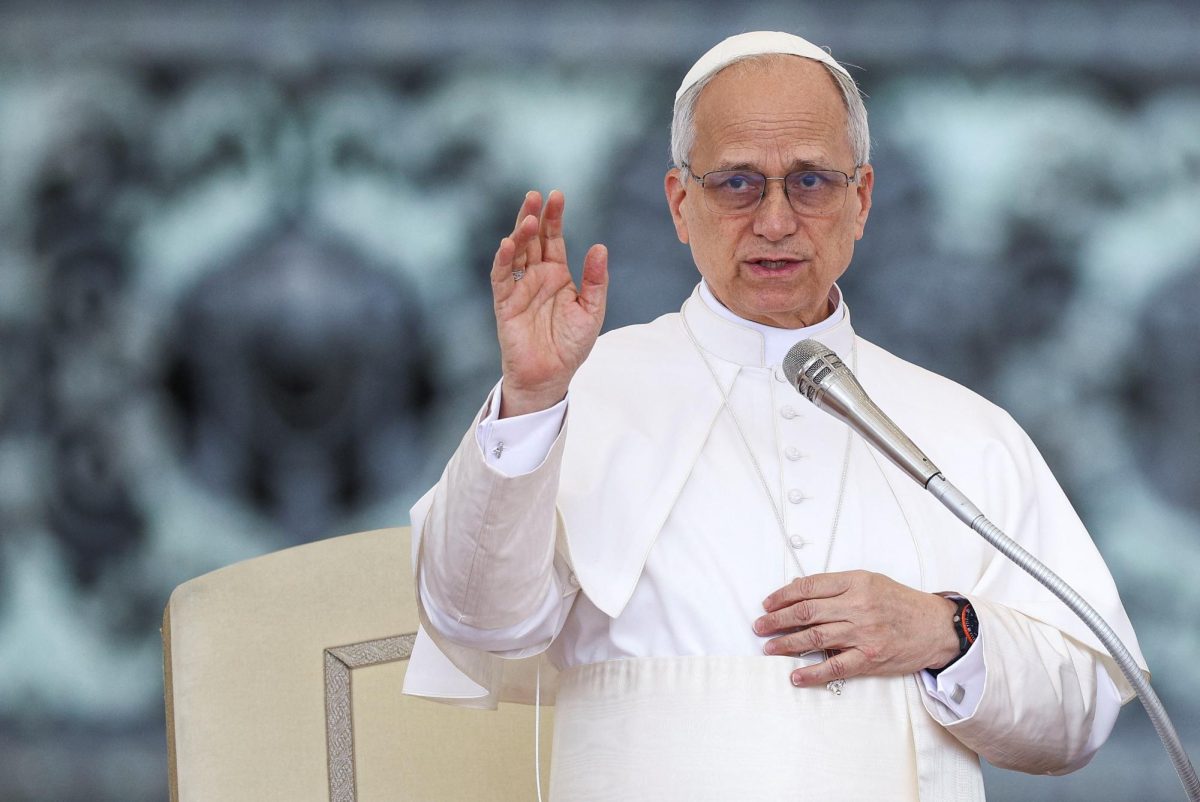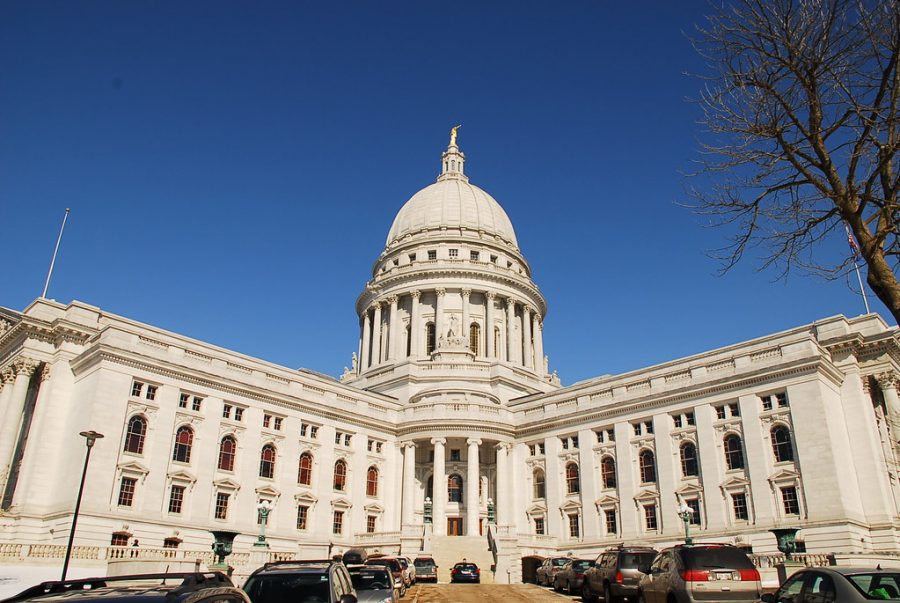 Marquette Student Government’s Prior Year Reserve Fund holds $212,000, or 45 percent of this MUSG’s operating budget this year. Earlier this year, the reserve fund held $254,493.36, 54 percent of the total MUSG budget, before the university comptroller removed $42,000.
Marquette Student Government’s Prior Year Reserve Fund holds $212,000, or 45 percent of this MUSG’s operating budget this year. Earlier this year, the reserve fund held $254,493.36, 54 percent of the total MUSG budget, before the university comptroller removed $42,000.
But at its weekly senate meeting Thursday night, Marquette Student Government passed an amendment to its constitution that will cap the size of the reserve fund if it grows to 50 percent of the total operating budget.
The reserve fund is an MUSG bank account into which MUSG puts all its unused budgeted funds from the previous fiscal year. A large contributor to the reserve fund is unused funds from the MUSG controlled Student Organization Funding budget line. Any funds added to the reserve fund remain there until MUSG senate accesses it, which it can do for “capital goods” or “ to solely sponsor or to subsidize the sponsorship of a qualifying student service,” according to the MUSG constitution.
“We really see this as the first step in addressing the students’ concerns,” said Off-Campus Senator Thomas Schick, a junior in the College of Arts & Sciences who helped author the bill. “This is a huge step in the right direction toward fiscal responsibility for the Marquette Student Government.”
Off-Campus Senator Nathan Craft, a junior in the college of Arts & sciences, Off-Campus Brittney Riesenbeck, a senior in the College of Business Administration, and Schick authored the bill. They also received help from former MUSG Financial Vice President Cole Johnson, a junior in the College of Business Administration.
Craft argued that instituting a reserve fund cap is vital to the ability of MUSG to operate in a fiscally responsible way. He said the reserve fund is a necessary financial tool, but the way money is constantly added to it is poor policy.
“The current process of redirecting unclaimed, unspent funds into the MUSG Reserve Fund has caused for thousands of Marquette University student’s Student Activity Fee contributions to go unspent during their years on campus,” Craft said.
When the reserve fund again grows to reach 50 percent of the yearly MUSG operating budget, the fund will be capped and no additional funds can be added to it. Any unused funds from the previous year that would have been put in the fund would then be put in a holdings account established by the office of the comptroller. At the beginning of the next fall semester, student organizations will have the opportunity to talk to the MUSG Budget Committee for the use of the funds. The Budget Committee is then tasked with creating an “Unanticipated Funds Proposal” based off its discretion as to how the funds should be allocated.
The cap only comes into effect once the reserve fund crosses the 50 percent margin. If the reserve fund falls beneath that mark then the cap will be lifted. The cap will be reinstituted once the reserve fund crosses the margin again.
“We do not want to see the reserve fund amass to an amount that is unwanted by the student body,” Craft said.













